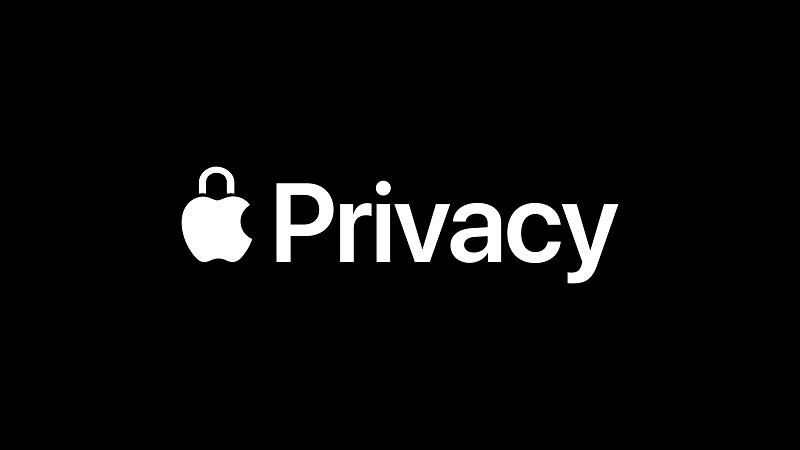Apple’s update to iOS 14.5 is here, and with it comes a long-awaited new privacy feature: the Tracking Transparency app. The new feature could change how privacy is traded on the Internet in the future.
The Apple update to the iOS 14.5 operating system has gone live, and with it the new Tracking Transparency (ATT) app feature. It promises users more privacy and control over ads.
ATT could usher in a new era for app privacy. The feature is the subject of much discussion. Data protectionists are happy, app developers less so, and users have so far benefited less from the feature than they might expect.
App Tracking Transparency: How it works
You’ve probably experienced the uncanny clairvoyance of ads matching your browsing behavior. For example, if you were looking at memberships for local gyms and suddenly saw ads for jogging shoes.
But there’s no magic behind this, it’s the ad tracking that many apps do.
App developers look at your browsing habits, such as the content you view in the apps, and draw information from it that they use for personalized ads. For example: People who look at gyms may be interested in athletic shoes.
Often, operators of multiple apps or companies also send this information to each other, so that the tracking information is also available across apps.
It is precisely this form of tracking that Apple’s new Tracking Transparency app now wants to stop, or rather make more transparent. Many users are not even aware that apps do this at all.
Before you install an app from the App Store in the future, you will be asked via ATT whether you want to allow cross-app tracking.
ATT not as extensive as many think
Users should thus be given more transparency about app tracking and also be able to reject it accordingly. This would reduce the frequency of “psychic” ads on iPhones in the future.
Of course, the companies behind the apps are not very enthusiastic about the new feature. After all, ad tracking gives them the opportunity to play more relevant ads to users and thus increase their ad revenue.
For many, this is not an unimportant source of revenue, especially considering that most apps are available for free.
At the same time, it has to be said that Apple’s app tracking transparency is not as far-reaching as many might assume.
On the one hand, it explicitly deals with the sharing of tracking information between apps. This means that tracking will still take place within an app. It’s just that the apps will no longer be allowed to share the data with each other.
Also, App Tracking Transparency explicitly only works for apps. Sharing information on other devices will therefore also continue to take place.
And: Those who have already tried it out will also have noticed that ATT only kicks in for the fewest apps.
This is because the app manufacturers themselves decide when they want to activate the function. Apparently, there was no requirement that this had to be at the launch of iOS 14.5. It is unclear whether Apple set a deadline for this.
However, it is logical that apps will take as much time as they can with it.
Here’s how you can turn off tracking right now
However, you already have the option to disable tracking. This is possible via the path Settings, Privacy, Tracking and finally turning off the option “Allow apps to request tracking”.
This prevents the tracking of installed apps, but not the tracking of Apple itself, which the company does via its own apps.
However, this can also be found via the privacy settings via the Apple Ads path if desired, where the personalized ads can then be turned off.
App Tracking Transparency from Apple not altruistic
Apple’s new focus on privacy is not entirely altruistic. Insiders suspect that Apple deliberately wants to build up an image as a company that stands for data privacy, in order to thus differentiate itself from competitors like Google.
In turn, Apple could later use this higher privacy to sell its devices more expensively.
Apple itself has not confirmed such rumors so far. But the development is eagerly awaited. Apple’s approach could redefine how privacy is handled on the Internet in the future.
For example, it could become the norm that users have to pay more for more data protection.










